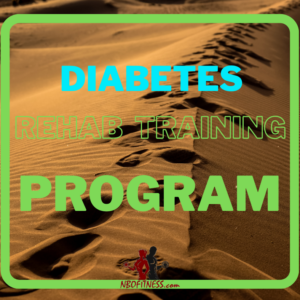BMI Calculator Online: Track Body Fat Percentage for Better Health
BMI (Body Mass Index) is a calculation based on your weight and height. It categorizes your body mass into underweight, normal weight, overweight, or obese ranges. It’s a simple and useful tool that helps indicate whether you are at risk of developing weight-related health problems. But while BMI is helpful, it doesn’t tell the full […]
BMI Calculator Online: Track Body Fat Percentage for Better Health Read More »










